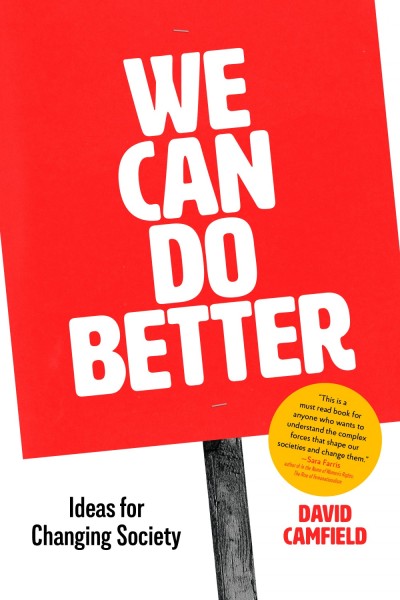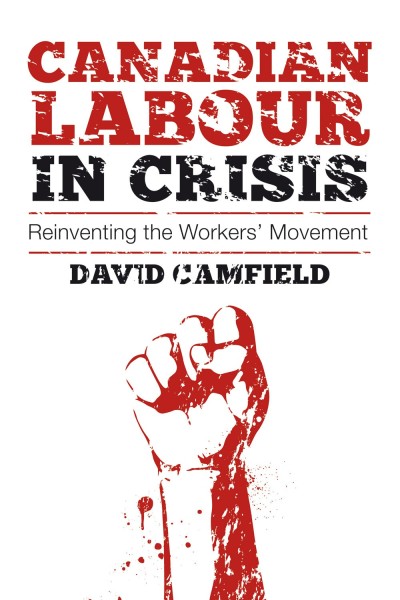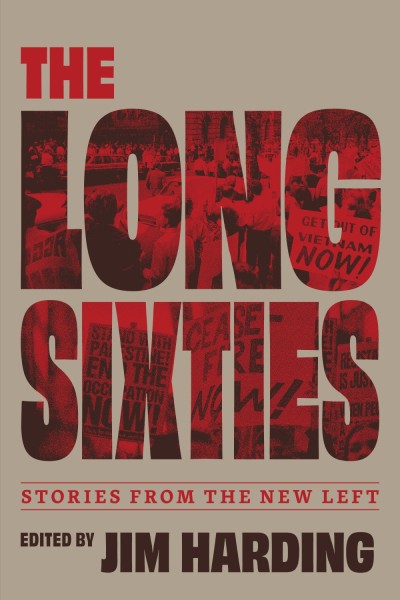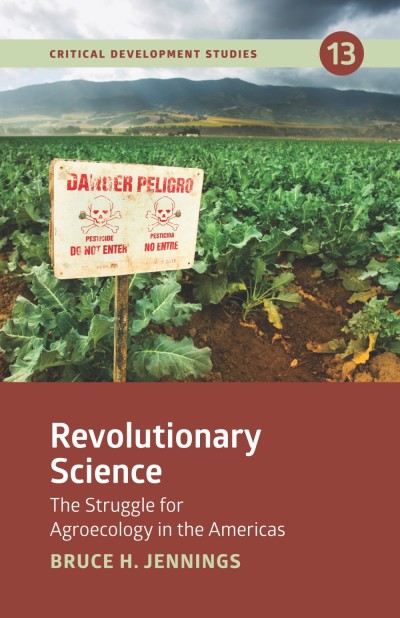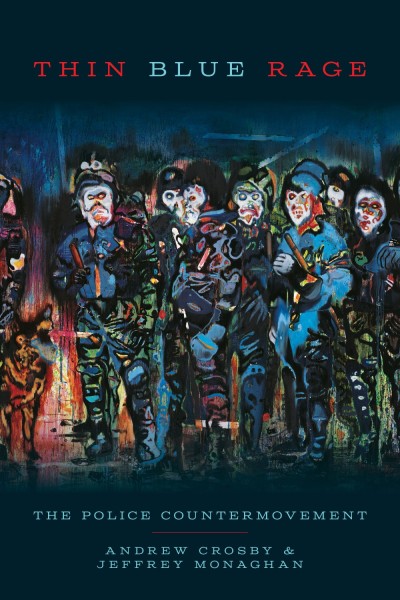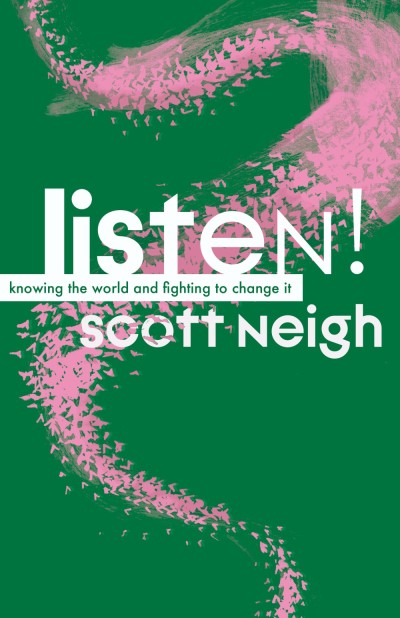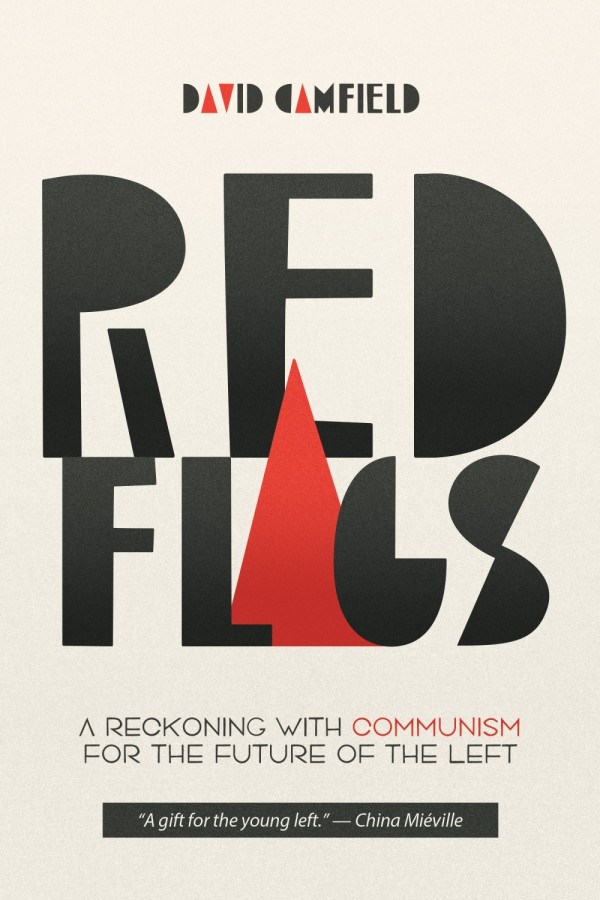
Red Flags
A Reckoning with Communism for the Future of the Left
An anti-capitalist, anti-authoritarian introduction to the history of the USSR, China, and Cuba that asks: Were they actually on the road to communism?
About the book
Increasingly, people are responding to the contemporary crises underwritten by capitalism by exploring the politics of communism. Some have taken a sympathetic, even nostalgic, view of “actually existing socialist” (AES) societies past and present, including the USSR, China, and Cuba, and the Marxist-Leninist political tradition associated with them. They see these states as a powerful alternative to capitalism, governed by parties genuinely committed to socialism and staunchly resisting Western imperialism. But were these societies really in transition towards a classless, stateless society of freedom — the original communist goal? Is Marxism-Leninism the political approach that should orient people on the left now?
Red Flags traces the path from the 1917 Russian Revolution to the construction of the world’s first AES society: the USSR. It also looks at the post-revolution societies created along the same lines in China and Cuba. Using the intellectual tools of historical materialism, Red Flags argues that they were not in fact moving towards communism because the social relations remained fixed in class exploitation. The workers were never liberated.
At a time of burgeoning anti-communism from both conservatives and liberals, this book is an accessible, vibrant synthesis of the history of communism that draws on the latest research to develop a rigorous analysis of the contradictions and uneasy truths the left needs to confront if it is to build a genuinely liberatory alternative to capitalism.
Activism & Social Movements Capitalism & Alternatives History
Video
What people are saying
China Miéville, author of October: The Story of the Russian Revolution and A Spectre, Haunting: On the Communist Manifesto“A gift for the young left.”
David McNally, Cullen Distinguished Professor of History and Business, University of Houston, author of Blood and Money: War, Slavery, Finance and Empire.“Is a radical, democratic, and emancipatory socialism possible in these grim times? Yes, says David Camfield. In Red Flags, he invites us to settle for nothing less than a liberated future beyond capitalism, oppression, and ecological disaster. This thoughtful and hopeful book is essential reading for everyone who wants to change the world.”
Elia Ayoub, co-founder of From the Periphery and founder of The Fire These Times and Hauntologies.net“Red Flags is a much needed reckoning with a fraught history. Camfield insists on assessing states that practised “actually existing socialism” not just from what advocates and detractors have said about them but by adopting a radical critique of authoritarian politics to understand the societies that lived under AES. The conflation of communism — a radically pro-democracy worldview — with AES continues to limit the anti-capitalist imagination today, as many self-declared leftists take it upon themselves to “defend” AES societies from attacks from the right instead of critiquing authoritarian “left” politics and moving beyond them once and for all.”
Saima Desai, former editor of Briarpatch Magazine“Thank goodness someone had the clarity of mind to write this book. We are especially lucky that it was David Camfield, who combines his knowledge of world history with a fiery, unwavering commitment to working-class democracy. He is fair to proponents of ‘Actually Existing Socialism’ without blunting his argument that their politics have disastrously distorted the meaning of communism. This short, readable book answers urgent questions on the path to human emancipation.”
Tithi Bhattacharya, associate professor, history, Purdue University, and editor of Social Reproduction Theory“I grew up under a Stalinist regime in the West Bengal of the 1970s and ’80s. I witnessed the courting of big business and the eviction of people from their land by the regime in the name of ‘development.’ We were encouraged to read Marx, but never encouraged to apply Marx to our reality. This dissonance between theory and practice also marked my observation of the regimes of the USSR and Eastern Europe. While capitalist states did not always justify their repression, so-called socialist states justified present repression in the name of a bright communist future.”
Ian Allinson, author of Workers Can Win: A Guide to Organising At Work“Red Flags explains the attraction and influence of the ideas of the rulers of the former Eastern bloc and China, and why they are inadequate in the struggle for human liberation.”
Contents
- Chapter 1: Thinking About “Actually Existing Socialism” in a World on Fire
- Chapter 2: The Russian Revolution: From 1917 to the “Great Break”
- Chapter 3: The USSR1928–91
- Chapter 4: China 1949–Present
- Chapter 5: Cuba 1959–Present
- Chapter 6: So, What Kind of Societies Were They?
- Chapter 7: Why Does It Matter Today?
- Chapter 8: An Alternative Tradition
- Chapter 9: What Can We Hope For?




